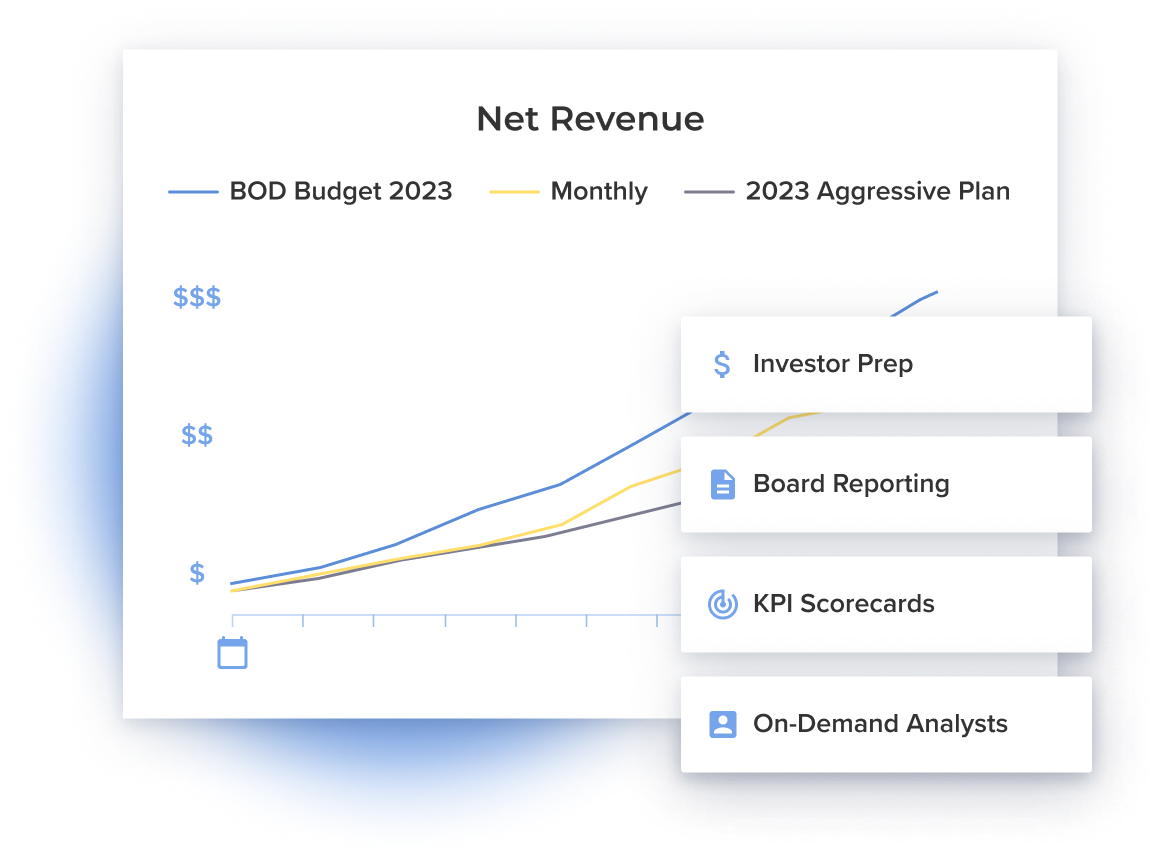Sponsor-Focused Bank Term Loans
If you don’t have a lot of hard assets and are not profitable, then you are left with option number two outlined above — getting a loan from Silicon Valley Bank or one of its competitors.
Silicon Valley Bank, Bridge Bank, and Republic Bank all compete for startup and young company business. We call this subgroup of banks “sponsor-focused banks.” A sponsor is a trusted institutional investor. The key to getting a sponsor-focused bank term loan is to have a brand-name institutional investor in your cap table (similar to venture debt). Again, if you just took a $50 million round from Andreessen Horowitz, the folks at Silicon Valley Bank are your new best friends. If you took $200K from your rich uncle, you probably won’t hear back from these banks.
The loans you get are also generally part of a larger bundle — expect to give your lender your banking business also. The sweet term loan might also have an incredible interest rate, but don’t expect it to be a very large loan. If you want more money, the bank will be happy to give you another loan for more money, but the rate will be higher.
It’s worth noting that these banks look at you as a steady stream of fees — after all, this is how they make money on you. They will set a target revenue amount for your account, and everything you do that can generate fees for them will go toward that target number. They also want to lock you in, so layering in other debt from third-party providers will be virtually impossible. The banks want those fees all to themselves.
In short: A really attractive interest rate on a 5-year term loan might be enticing, but really consider whether the loan amount is going to be enough for your business, since it can lock you out of many other funding options.
Pros:
- Low rates and longer terms.
- Often there are bullet structures or partial amortization options (meaning you owe all or some portion of the balance at the end of the term, as opposed to paying back all of the principal during the term of the loan).
Cons:
- This is similar to venture debt in that you are paying for money which you are unlikely to be able to use right away. If you take a $1 million term loan, you start paying for that $1 million right away. If it’s just sitting in your bank account, you are literally paying for cash.
- You are likely paying higher fees elsewhere in the relationship.
- These contracts usually include lockboxes and cash sweep terms.
- You are locked into one bank for just about everything. It’s hard to get debt from other providers. Expect lots of covenants.
- There are lots of reporting requirements.
Best For:
- This option is really only available to venture-backed or sponsor-backed companies.
Pairs With:
- Venture capital
- PE / growth capital
- Other debt products from the same bank



